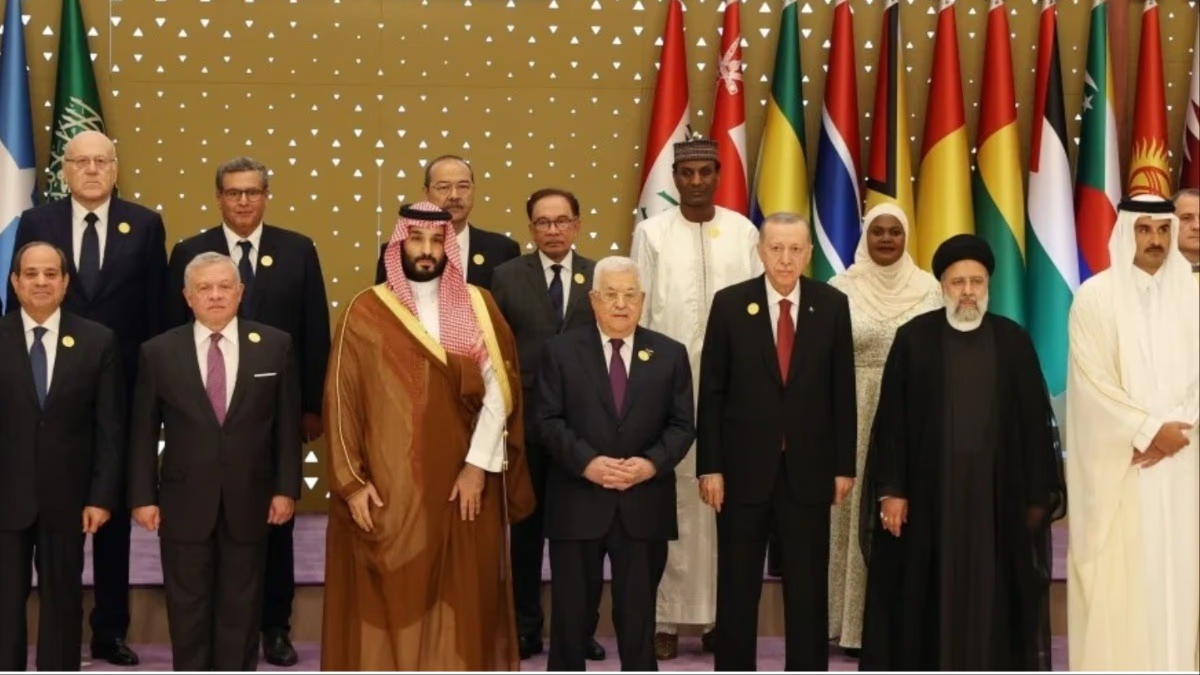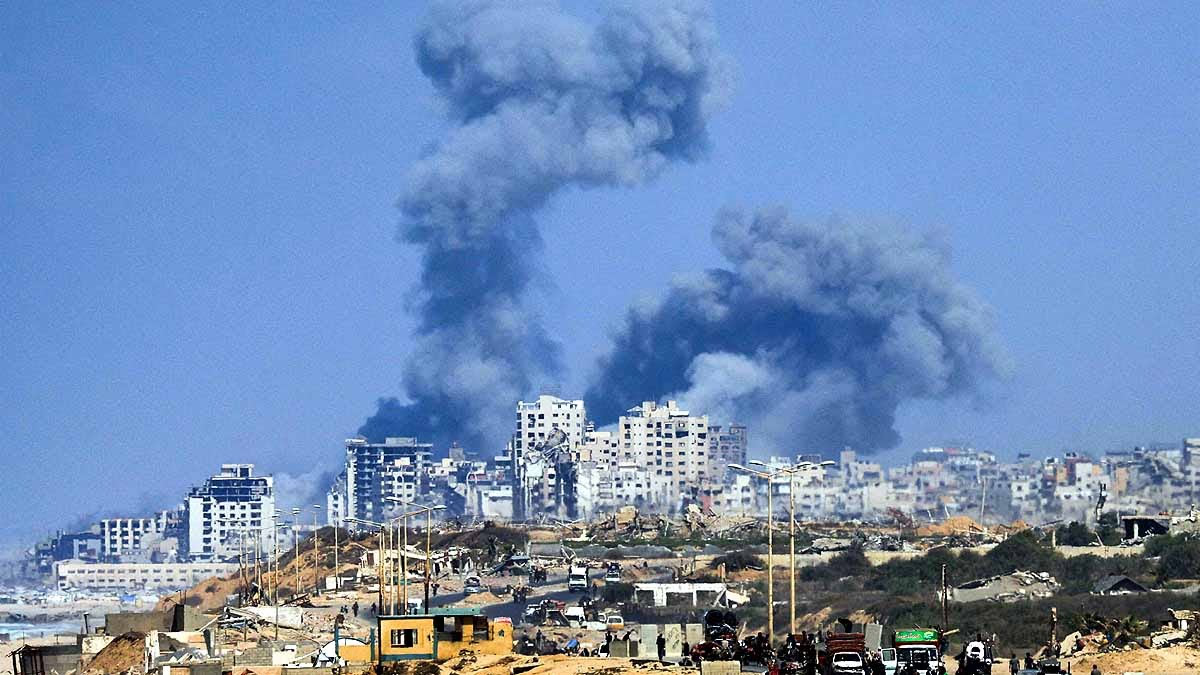The ongoing conflict in Gaza saw a significant escalation last Tuesday when Israel launched an attack on Qatar, causing waves of unrest throughout the Muslim world. Qatar, a vital ally of the United States, had recently gifted a luxury jet worth 400 million dollars to former U.S. President Donald Trump. With Israel, a close ally of America that traditionally guarantees the security of Arab nations, this attack on Qatar alarmed many. In response, both Arab countries and the broader Muslim community have convened in Qatar's capital, Doha, for a summit on Sunday and Monday.
Before Monday's summit, a preliminary meeting on Sunday saw Qatar’s Prime Minister and Foreign Minister, Sheikh Mohammed bin Abdulrahman bin Jassim Al-Thani, denounce the Israeli attack as 'brutal.' He urged Muslim nations to respond firmly to Israel.
'We appreciate the solidarity shown by our Arab and Islamic brothers, and our international friends who have denounced this barbaric Israeli assault,' he stated, urging unwavering support for actions to protect sovereignty.
Al-Thani condemned the attack as state-sponsored terrorism and stressed the urgent need for decisive action against Israel’s continued arrogance and crimes against humanity.
Before this attack on Qatar, Israel had conducted strikes on Lebanon and Yemen and had a longstanding conflict with Iran, while its war in Gaza, ongoing since October 2023, continues to wreak havoc. Tragically, 64,871 Palestinians have perished, and 164,610 are injured in the Gaza conflict.
A draft proposal seen by Reuters indicated that the upcoming summit would warn that Israel’s actions, including the attack on Qatar, pose significant threats to coexistence and efforts to normalize regional relationships.
Last Tuesday's strike on Qatar resulted in the deaths of five Hamas members, though its leadership remained unharmed.
The draft agreement among Arab and Islamic countries asserts that Israel's 'brutal assault on Qatar and acts like genocide, ethnic cleansing, starvation, and sieges are ongoing threats to peace and coexistence in the region.'
The foreign ministers' draft also warned that these actions threaten past and future normalization achievements with Israel as the summit nears.
In a significant diplomatic meeting, Qatar's Prime Minister Al-Thani met with Turkey's Foreign Minister Hakan Fidan to discuss their cooperative response against the Israeli attack on Qatar. The Turkish minister denounced Israel and pledged solidarity with Qatar.
This meeting takes on additional importance as Israel issued threats against Turkey following its actions on Qatar.
An opinion piece in Israel's newspaper Ha'aretz suggested that Israel might target Hamas leadership in Turkey following the airstrikes on Qatar.
In response, Iran warned key Arab nations, including Saudi Arabia, Turkey, and Iraq, that lack of action against Israel could result in bombings targeting them.
Mohsen Rezai, a former Chief Commander of Iran’s Revolutionary Guards and advisor to Supreme Leader Ayatollah Ali Khamenei, posted on social media, advising, 'If this summit fails to take practical action against Israel's invasion of Gaza and five other Muslim countries, Saudi Arabia, Turkey, and Iraq should brace for Israel’s warplanes and bombs.'
His comments emphasized the necessity of a military alliance to confront Israel before it targets additional countries in the region.
Amidst these tensions, Israeli Prime Minister Benjamin Netanyahu visited a sacred Jewish site alongside U.S. Secretary of State Marco Rubio.
Netanyahu stated, 'The visit of the U.S. Secretary of State once again underscores the strong bond between the U.S. and Israel,' a move seen as an attempt to maintain control over the situation with Qatar.




